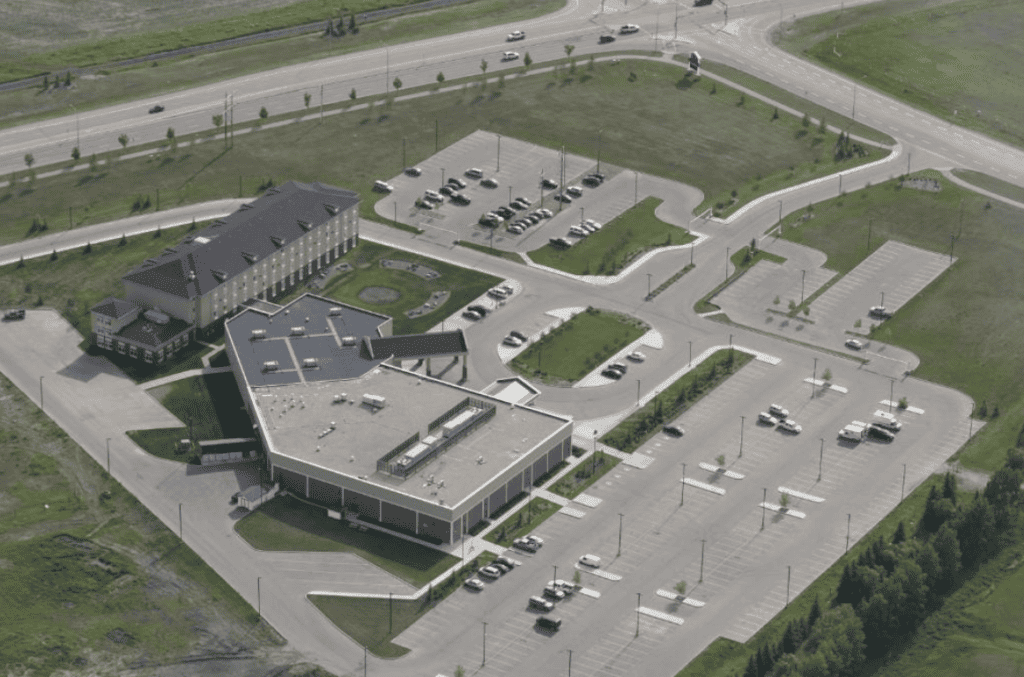In late 2022, the owners of Camrose Casino expressed their displeasure about a decision to refuse their application for the casino to move to southeast Edmonton. The decision was made by Alberta Gaming, Liquor, and Cannabis (AGLC). It followed the stated concerns of residents in the new location that included potential traffic bottlenecks.
When AGLC’s decision was made, the casino owners declared their intention to appeal. Following that appeal, the decision remains unchanged and could have repercussions for the charitable gaming model in Alberta.
The potential impact of the relocation refusal on rural charities
All forms of gambling are overseen by the Alberta Gaming, Liquor, and Cannabis Commission. The province does not have an open regulated online casino market, so it’s not expansive compared to the online casino industry in Ontario where regulation is in full force. In Alberta, all legal online casino play takes place on the province’s own site, PlayAlberta.ca.
Casino table games, bingos, pull tickets, and raffles are operated separately from other casino content. They are classified as charitable gaming, and proceeds must be used for charitable and religious purposes. It’s in this landscape that the owners of Camrose Casino believe the relocation refusal will have an adverse impact on the fortunes of hundreds of rural charities.
Between 600 and 650 charities host events at Camrose Casino, but the revenue achieved is low compared to urban charity events. The lack of revenue is overcome somewhat by the fact that the AGLC pools charities in the Camrose region with those in the St. Albert region, where revenues are also low. However, this does not help the performance of Camrose Casino, with its future not guaranteed.
Future of Camrose Casino is in doubt
Jason Pechet, the President of Stagewest Hospitality, the company that runs Camrose Casino, says that moving to the proposed new location would create balance and level out the revenues of rural charities compared with urban ones. This would be welcomed by rural charities that protest the lack of a level playing field between them and urban organizations.
To reinforce his point, he referenced the 2021 AGLC charitable gaming review which stated that a casino in the Edmonton area would be given over to service charities in rural areas. This is similar to the system that already exists in Calgary. Mr. Pechet says that is what Stagewest Hospitality wanted to do with its proposed move.
Mr. Pechet also stated that without the move, the future of Camrose Casino is in doubt as its revenue has declined since the pandemic. If the casino does not relocate and survive, the rural charities that rely on its existence would have their reliance spread across other Edmonton Casinos. If this happens, it will severely increase gaming wait times and decrease profits.
While this situation is only affecting the area around Camrose Casino right now, similar problems could occur in other parts of Alberta. If this were ever the case, more than the 600-650 charities already involved would be affected. There would also be an impact on the Alberta charitable gaming model overall, and a rethink may be necessary in order to raise the revenues of charities.
